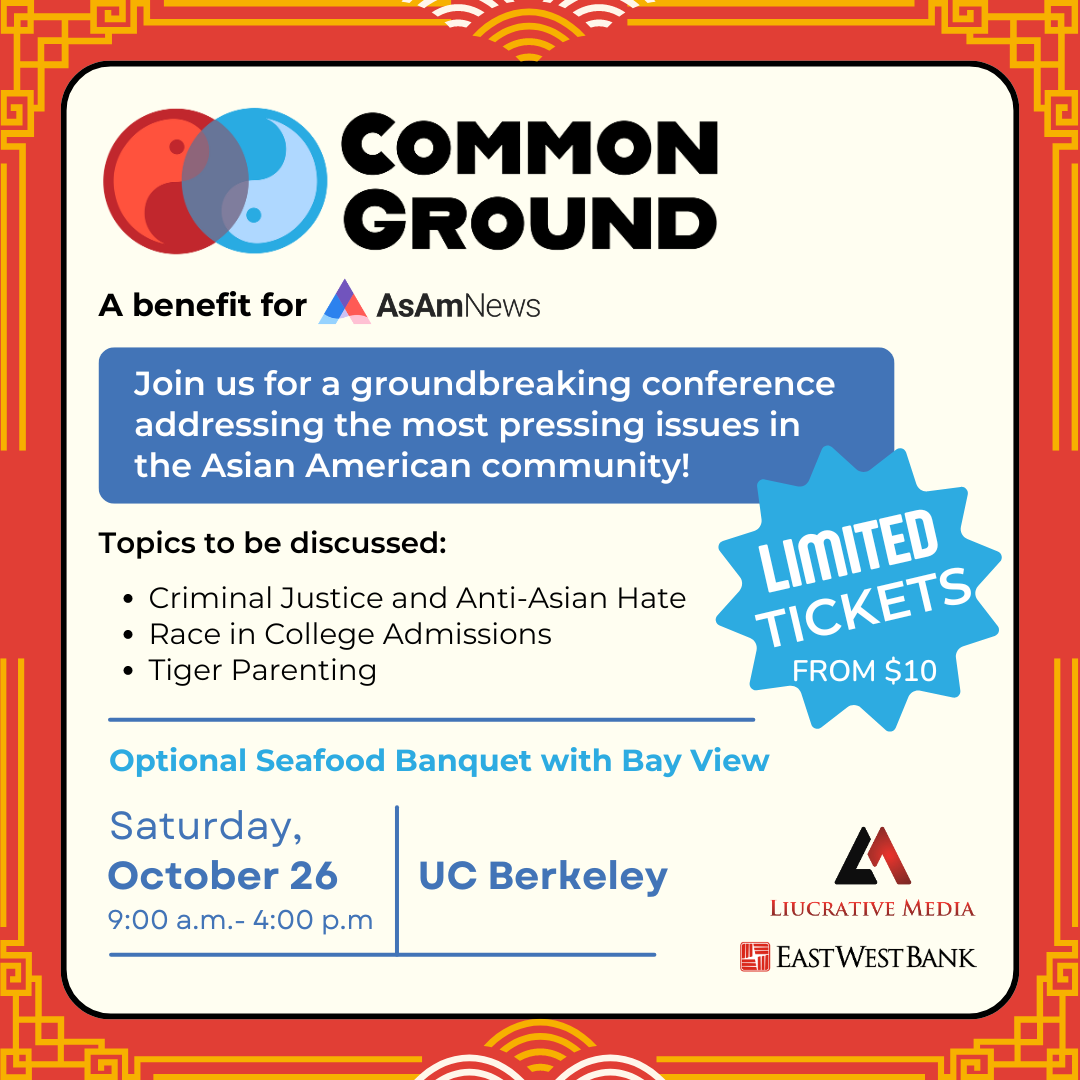How do you feel about the end of the second season of the Fresh Off the Boat? I feel good about the second season. We straddled the line of having the show be influenced by Chinese things, but not having it always be about being Chinese. Because that is essentially how we work. Yes, I have issues that have to do with growing up Asian American. But there are other things, like doing my taxes or whether or not I should go here for vacation or what my Halloween costume is going to be. Regular human experiences, which for the most part have been only allowed to be white experiences. You’re either Asian-Asian or you’re White American. The in-between has not been explored very much.
How do you consider the trope of the tiger mom in relation to your character? That’s something I never thought about until I had this part. So bless this for making me think about what it must be like to have a kid you are responsible for, especially if you came to a country and people gave you shit for your accent or decorum, and it felt bad, and you don’t want your kids to feel that bad. Also, you kind of want to say “Fuck you!” to the haters who gave you shit. How do you do that? By saying “Well, you know what? My kid got a 1600 on his SATs, and he’s better than yours.” That’s your way of showing up all the haters. So that’s how you open up the stereotype into a person. I almost think it’s impossible not to have a stereotype, except in White culture we call them “archetypes,” right? It’s true!
Good stuff, right? Read the entire Vulture interview.
In a David Yi article with Mashable, the outspoken 34-year-old Wu said:
“For some reason, Hollywood thinks marginalizing or teasing Asians is acceptable because we do okay. There’s been a culture of invisibility and I think some people think that we don’t have the right to seek representation or to file complaint because many of us “do okay” in the socio-economic aspect. But that’s only valid if you think that true happiness is defined by a bank account and a social status.”
“If there were jokes written about the accent, then that would certainly be harmful. But there aren’t jokes written about it. It’s not even talked about. It’s just a fact of life: immigrants have accents. Making the choice to have that is a way of not watering down the character and making it politically correct. It’s choosing authenticity over safety, and I think that’s bold.”
Wu, among others, was interviewed in August by the New York Times in an article titled “Asian American actors fighting for visibility.
“An Asian person who is competing against White people, for an audience of White people, has to train for that opportunity like it’s the Olympics,” Ms. Wu said. “An incredibly talented Asian actor might be considered for a leading role maybe once or twice in a lifetime. That’s a highly pressured situation.”
With Fresh Off the Boat renewed for a third season and the viral #StarringConstanceWu, the female counterpart to #StarringJohnCho, both questioning Hollywood’s bias against Asian American actors in lead roles, Wu is sure to be the subject of more interviews.
If her career continues its upward trend, could she be the voice the AAPI needs to turn around the mindsets of Hollywood producers and casting agents to be more inclusive when making their creative decisions?
Wu’s name was at the top of the list of The Hollywood Reporter’s dream cast for the upcoming film adaptation of Crazy Rich Asians. Wu has a good chance of being nominated for an Emmy as Best Actress in A Comedy Series this year amid some stiff competition. If she was to win, her stock and influence would skyrocket.
Whatever the future holds, she most certainly won’t be afraid to rock the boat. “I’d rather lose all my stuff than lose myself,” Wu tells Vulture, “because I’ve done that before, and that feels way worse.”




